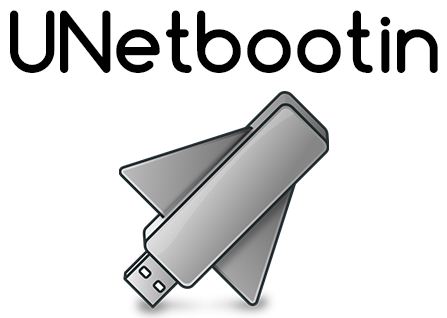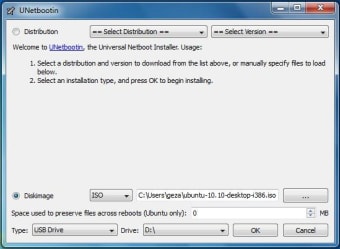
Similar to unetbootin windows 10#
Supports latest Windows 10 ISO (install.wim larger than 4GB).If you want to create a bootable USB for Windows on macOS, UUByte ISO Editor is the only tool that supports the current Windows 10 ISO, making it a viable alternative to Rufus. It can produce a bootable USB immediately from a Windows 10 ISO file with UEFI support. UUByte ISO Editor is an alternative to Rufus for working with ISO image files. UNetbootin supports powerful platforms such as Windows, Mac, and Linux.It creates bootable live USBs for Ubuntu and Linux-based distros.UNetbootin has a built-in support mechanism to download the various other Linux-based distros automatically.It’s small and simple, and it lets you make bootable live USBs for Ubuntu and other Linux distributions on all major platforms. UNetbootin is another free Rufus alternative on the market. It also ensures validating flashing, thus, removing any wonderment about why your device is not working.Etcher provides 50% faster flashes and simultaneous writing for multiple devices.

Etcher is incredibly user-friendly, challenging drive-friendly, and offers modular expansion.
Similar to unetbootin software#
It is a cross-platform software that is available on Windows, macOS, and Linux platforms.Etcher (Windows, Mac, Linux Free)Įtcher is a full-featured, cross-platform, open-source tool that, due to its availability on all major platforms, stands to be a great or even better Rufus alternative. Here Are 11 Best Rufus Alternatives for Windows, Mac, and Linux: 1. Let’s take a look at the top ten Rufus substitutes.

However, because Rufus is only available for Windows, you’ll need to hunt for Rufus replacements for Mac, Linux, and other operating systems. It’s a little device that operates quite quickly. It works with both Windows ISO files and Linux distributions. Rufus is an open-source software tool that allows you to generate and format bootable USB drives on your Windows PC. Well, you need to create a bootable USB installation media from one of the ISOs, such as Windows, Linux, etc.This is when alternatives to Rufus come into play.

Or maybe work on a system with a temporary installation of an OS? What if you have to work on a system that does not have an operating system?


 0 kommentar(er)
0 kommentar(er)
